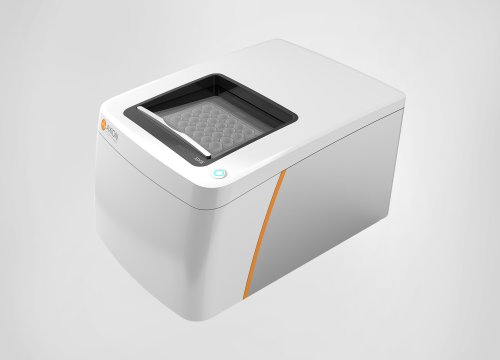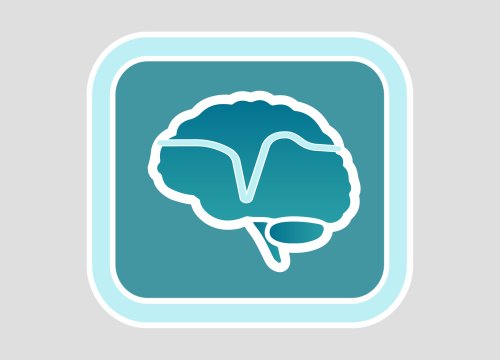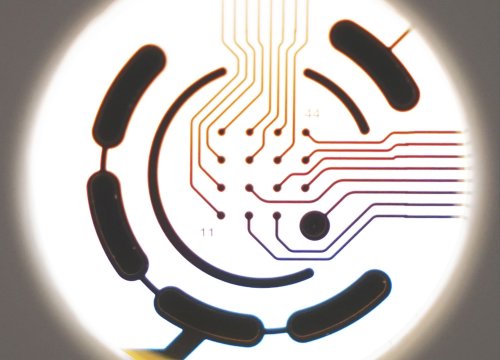Authors: Hinson S, Honorat J, Grund E, Clarkson B, Miske R, Scharf M, Zivelonghi C, Al-Lozi M, Bucelli R, Budhram A, Cho T, Choi T, Grell J, Lopez-Chiriboga AS, Levin M, Merati M, Montalvo M, Pittock S, Wilson M, Howe C, MeKeon A.
Annals of Neurology, 2022.
Scientists use Axion’s noninvasive, label-free Maestro MEA to explore in vitro neural activity in autoimmune central nervous system disease.
Septin proteins are involved in neurotransmission and a range of other biological processes. Previous research has demonstrated that septin-5-immunoglobulin-G (IgG) autoantibodies play a role in the autoimmune central nervous system disease ataxia, but this relationship is not fully understood. In this study, scientists examine the mechanisms of disease and response to immune therapy in people with neural autoimmune disorders targeting septins, including encephalopathy, myelopathy, and ataxia.
The researchers obtained patients’ serum and cerebrospinal fluid containing anti-septin antibodies and showed first that these antibodies bound to rodent neurons (colocalized with presynaptic and postsynaptic markers), then purified the antibodies and used Axion’s noninvasive Maestro multielectrode (MEA) array platform to demonstrate decreased neural activity in vitro. Clinically, the authors reported that the majority of patients improved following immunotherapy and that these responses were predicted by their septin-IgG profiles. Overall, the scientists suggest that additional research is needed “to assess septins as mechanistically relevant targets of IgGs in the pathogenesis of these disorders.”


